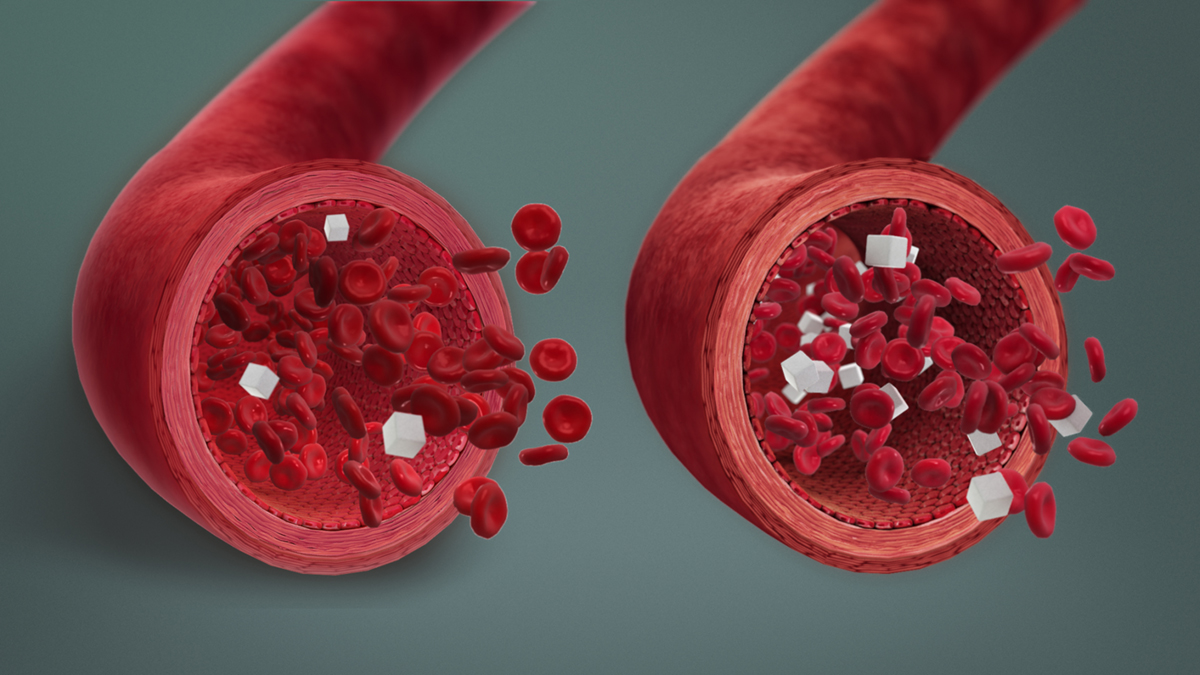
Information on Low Blood Sugar
The condition is commonly referred to as insulin reaction, although it is medically called hypoglycemia. It is characterized by a severe decrease of glucose levels in the blood. Those who are on insulin are usually worried that it may cause their sugar blood levels to become severely low. Mildly low levels are best described as annoying but if the levels get severely low it may be a really dangerous medical situation.
Low levels of sugar in the blood are a good indication of having too much insulin. These conditions require the person to consult a doctor or a physician as soon as possible. The most common symptoms usually involve sweating, disorientation, shaking, impaired reactions, and impaired mental awareness. Other symptoms may include irritability, stress, lack of coordination, and confusion.
It is not uncommon for a person who suffers the aforementioned symptoms to deny having any problems. Those who experience one reaction are very likely to experience another one in the next 24 hours approximately.
Symptoms
The symptoms of hypoglycemia may occur every time a person uses insulin and in some cases they may occur when a person takes certain medications that stimulate the production of insulin.
The severity and the amount of the symptoms may vary from person to person. The symptoms are actually caused by low levels of sugar in the blood, but glucagon and adrenaline whose main purpose is to raise the levels of sugar in the blood also trigger certain symptoms. If a person experiences the symptoms the sugar levels need to be raised immediately by fast carbohydrates or glucose tablets.
An extensive list of symptoms of an insulin reaction includes tingling, faster heart rate, personality change, shaking, confusion, loss of consciousness, poor concentration, sweating, seizures, irritability, tiredness, frequent sighing, headache, pale appearance, hunger, dizziness, vomiting, numbness of the lips, blurred vision and nausea. Sometimes a person may wake up in the middle of the night experiencing certain symptoms of the condition. These include waking up in a very alert condition, nightmares, waking up with an extremely fast heart rate, damp night clothes, inability to go back to sleep and restlessness. Certain symptoms may also occur in the morning.
These include waking up with a headache, ketones in the urine, absence of glucose in the urine, very high blood sugar levels after breakfast, waking up with a headache, and a loss of short term memory.


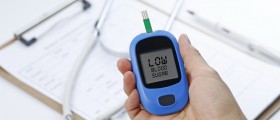
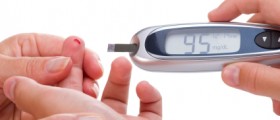
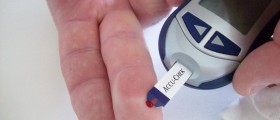
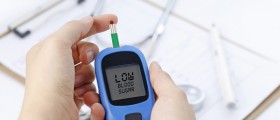








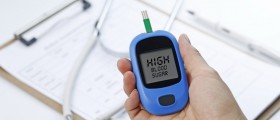
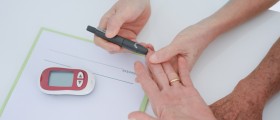
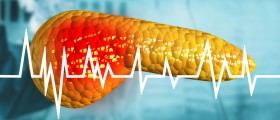
Your thoughts on this
Loading...